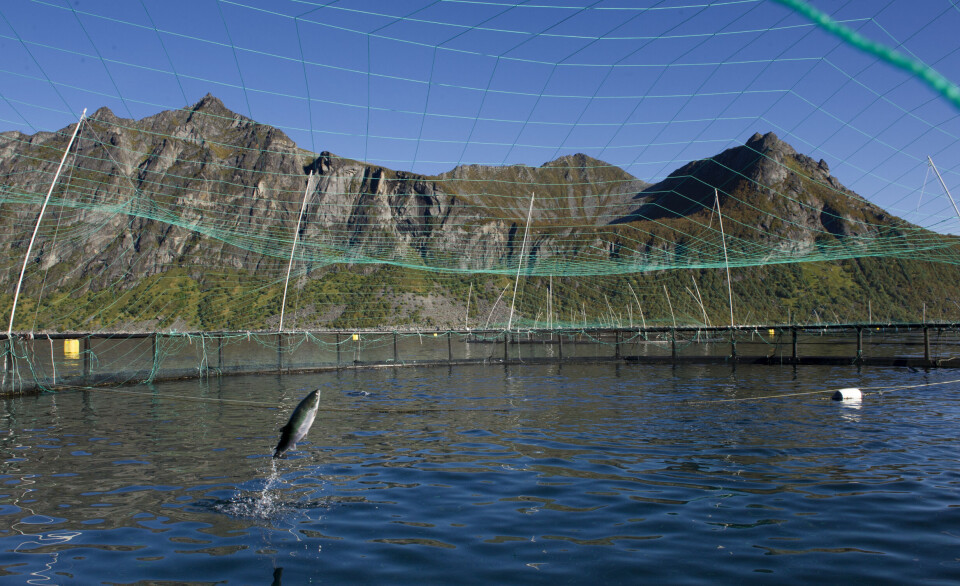
Norway fish farming sector may face its first-ever strike
‘It is no problem for us to organise a strike that has major consequences,’ says union negotiator
A union representing more than 3,000 workers in the aquaculture sector has warned that its members could strike for the first time ever if a deal on pay and conditions can’t be reached.
Negotiations between Seafood Norway, which represents some but not all salmon companies, and Fellesforbundet, Norway’s biggest private sector union with 170,000 members, broke down last week and the parties are now going to arbitration.
Fellesforbundet has 3,023 members in the sector but that is only the potential maximum number that can be taken out on strike. Fewer would strike in the first instance.

The wage structure is far too dependent and controlled by bonus schemes. You can’t go to the bank with a promise of a bonus over which you really have no control.
Union negotiator Christian Justnes
The negotiations over the Aquaculture Agreement apply to everyone in the value chain right up until the fish is out of the cage, such as, for example, fish farmers, employees at marine facilities, and hatcheries.
Several demands
Seafood Norway says it doesn’t comment on points of difference between the parties, but union negotiator Christian Justnes told Fish Farming Expert’s Norwegian sister site, Kyst.no, what his members wanted.
“We have several demands. Some are linked to provisions on emergency guards. That the members should have more predictability over their free time, and compensation for the time they are on emergency duty. We also raise some requirements for working conditions. We want an end to working alone and demand that there should be at least two people at work, among other things for health and safety reasons,” he says.
“Then there are the financial requirements, and this is where there is the greatest distance between the parties in the negotiations.”
Certainty, not bonuses
The joint union is demanding a wage increase of 5.2%, in addition to provisions related to the wage structure.
“We see that they have a wage structure that is far too
dependent and controlled by bonus schemes. You can’t go to the bank with a
promise of a bonus over which you really have no control. We want a secure and
good salary for our members, and this is one of Norway’s most profitable
industries so they can afford to pay people accordingly,” emphasises Justnes.
When asked what consequences a potential strike would have for the industry, Seafood Norway replied that its goal is to reach an agreement so that there will be no strike.
“It is no problem for us to organise a strike that has major consequences. It is not something we want, but it is clear that if we have to, then we have to, and it will be felt,” says Justnes in conclusion.
























































